Health benefits of spices — what’s real and what’s myth
Spices have long been celebrated in kitchens and traditional medicine. People use them to calm nausea, clear congestion, or add comfort when feeling unwell. But which remedies are backed by research, and which are mostly folklore? This guide reviews popular spices, their proven effects, and safe ways to use them.
Black pepper — congestion relief
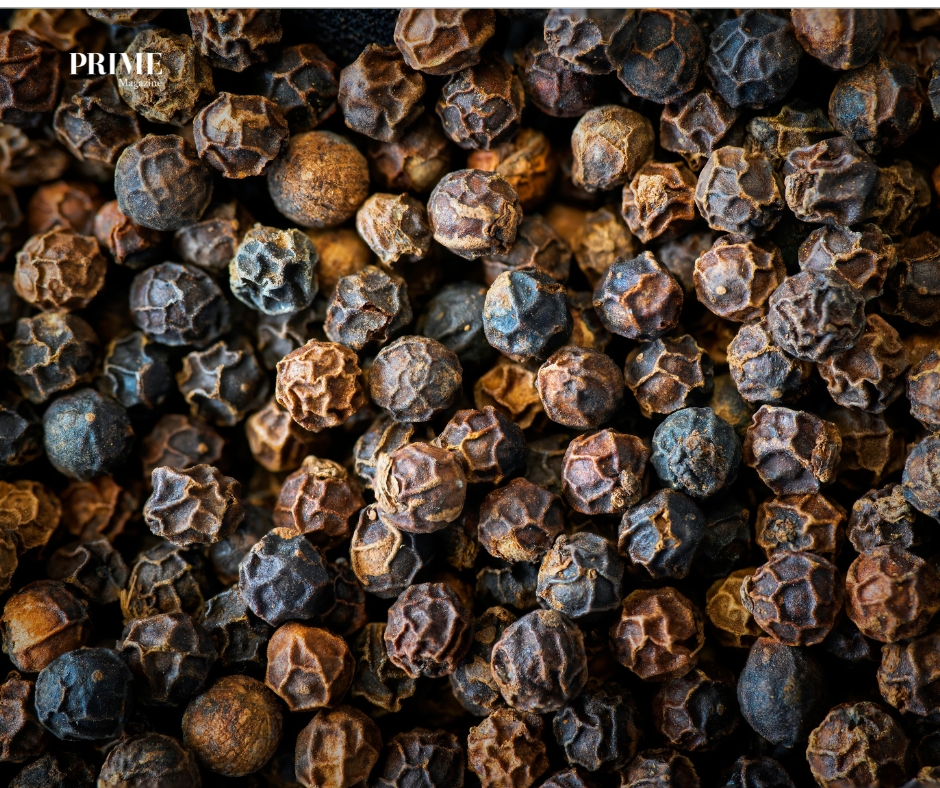
Black pepper — congestion relief
Digestion & nutrient absorption: Supported. Piperine helps the body absorb nutrients such as vitamins A, C, beta-carotene, and selenium.
Appetite stimulant: Limited but possible — piperine may boost gastric juices.
Decongestant effect: No strong studies, but its mild irritant quality can trigger sneezing and clear mucus. Steam inhalation with pepper is safe if not too hot but hasn’t been well studied.
Safety: Avoid strong steam near the eyes and airway. Not suitable for young children or people with asthma.
Steam inhalation
Add a pinch of black pepper and 1–2 drops of eucalyptus oil to hot water for steam inhalation. Keep your face about 30 cm away to prevent burns and avoid very hot steam if you have asthma or sensitive airways.
Cardamom — fresh breath and urinary aid
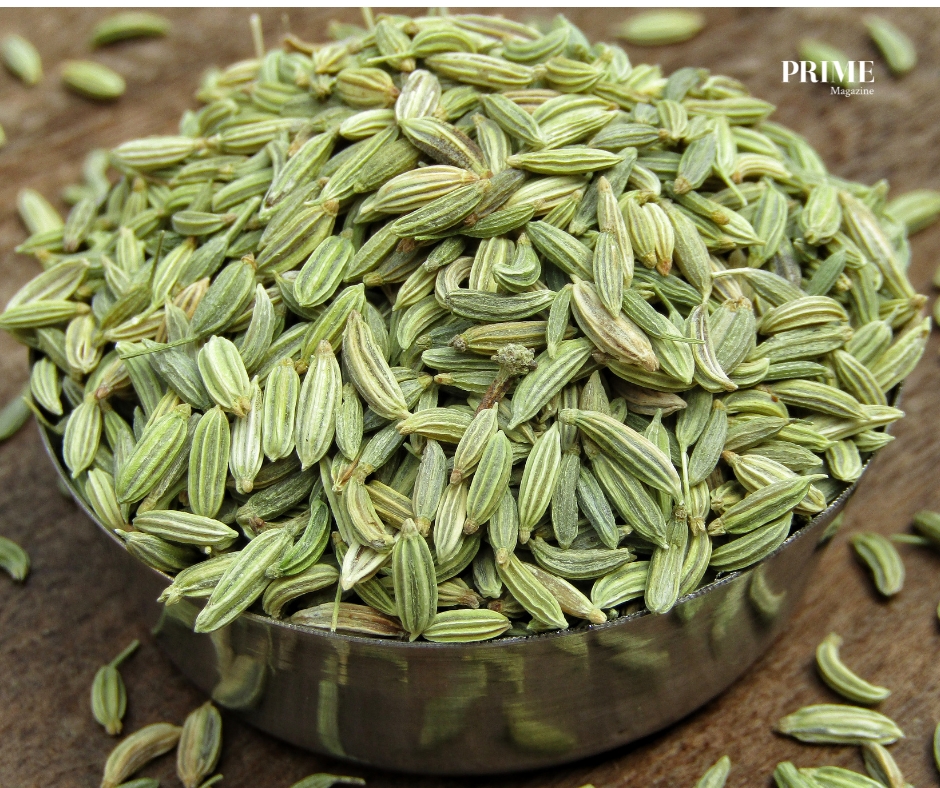
Cardamom — fresh breath and urinary aid
Fresh breath / oral health: Traditional use supported; cardamom’s antimicrobial compounds can freshen breath.
Urinary & kidney claims: Only folklore — no strong clinical proof for kidney stones or infections. Don’t replace medical care.
Safety: Safe in food amounts. For mouthwash, use warm (not hot) water.
Cardamom mouthwash
Crush 4–5 green cardamom pods, discard shells, grind seeds, and mix with 1 tbsp lemon juice in a glass of warm water. Swish after meals to freshen breath. Avoid swallowing.
Ginger — nausea relief
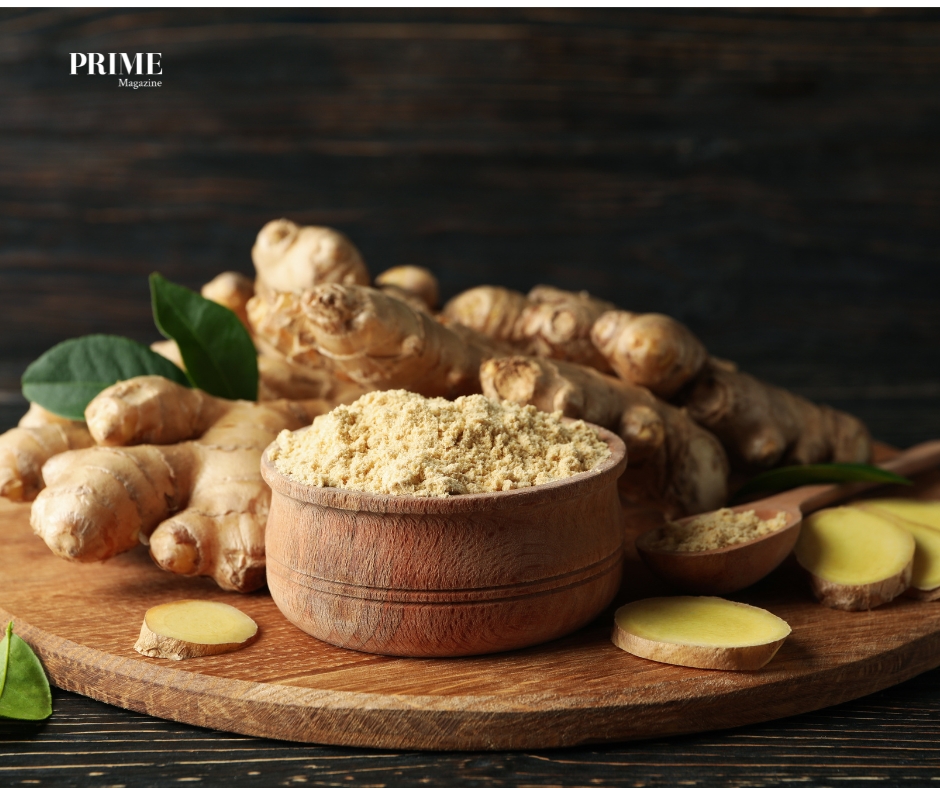
Ginger — nausea relief
Nausea: Strong evidence for motion sickness, morning sickness, and some post-op nausea. Works partly by affecting serotonin receptors and stomach movement.
Digestive aid: Helpful for gas and bloating.
Safety: Large amounts may cause heartburn. Can interact with blood thinners. (You’re allergic to aspirin, but ginger isn’t in the salicylate family — still check if you’re sensitive.)
Ginger tea
Steep 20–40 g fresh ginger in hot water for 10–15 min. Add lemon or honey if you like. Start with less if you’re new to ginger tea — strong brews may cause heartburn.
Fennel seeds — women’s health and fluid retention

Fennel seeds — women’s health and fluid retention
Digestion: Well supported for bloating and gas.
Mild estrogen-like effects: May help mild menstrual discomfort or menopause symptoms, but evidence is mixed.
Under-eye puffiness: Little proof — cool compresses may help regardless of fennel.
Safety: Avoid large doses in pregnancy; check with a doctor if you have hormone-sensitive conditions.
Fennel tea
Crush 1 tsp fennel seeds, boil in 1 cup water, then steep 10 min. Strain and sip warm. Avoid high doses if pregnant or with hormone-sensitive issues.
Cumin — calming and sleep support
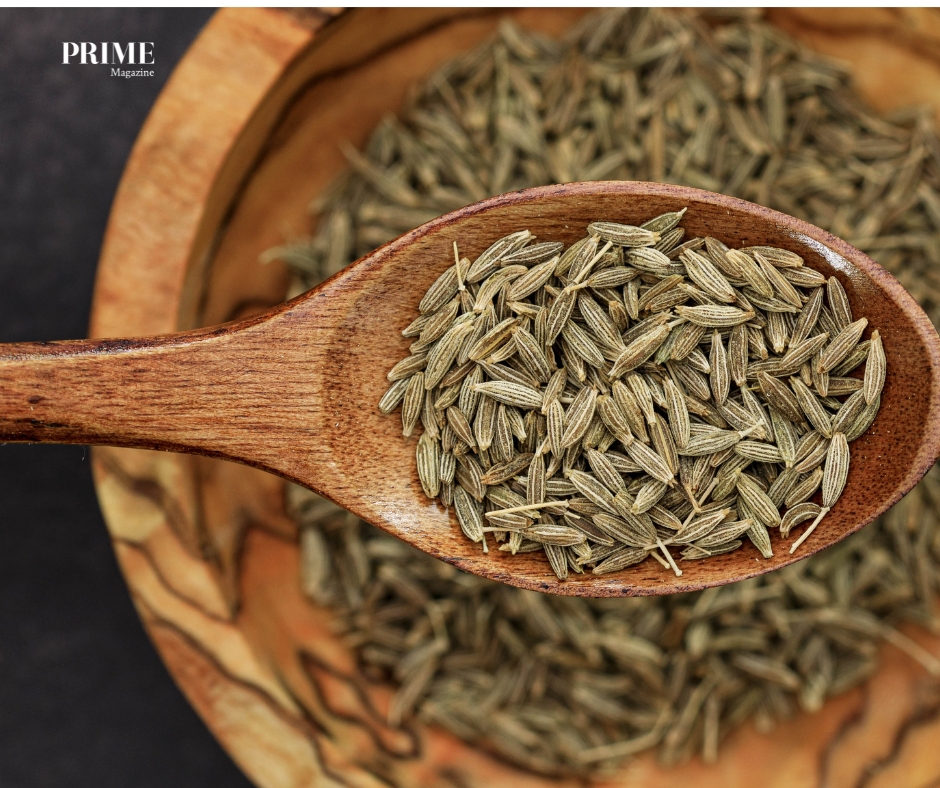
Cumin — calming and sleep support
Relaxation / stress: Traditional claim with little strong research.
Memory & B vitamins: Contains some B vitamins but not enough to treat deficiencies. Acetylcholine claims aren’t proven.
Digestive aid: Supported.
Safety: Safe in food amounts; oils can irritate skin if undiluted.
Cumin tea
Lightly toast 1 tsp cumin seeds, add 1 cup water, boil briefly, then steep 5 min. Drink warm before bedtime. Avoid very strong brews if pregnant or have sensitive digestion.
Turmeric — anti-inflammatory and skin brightening
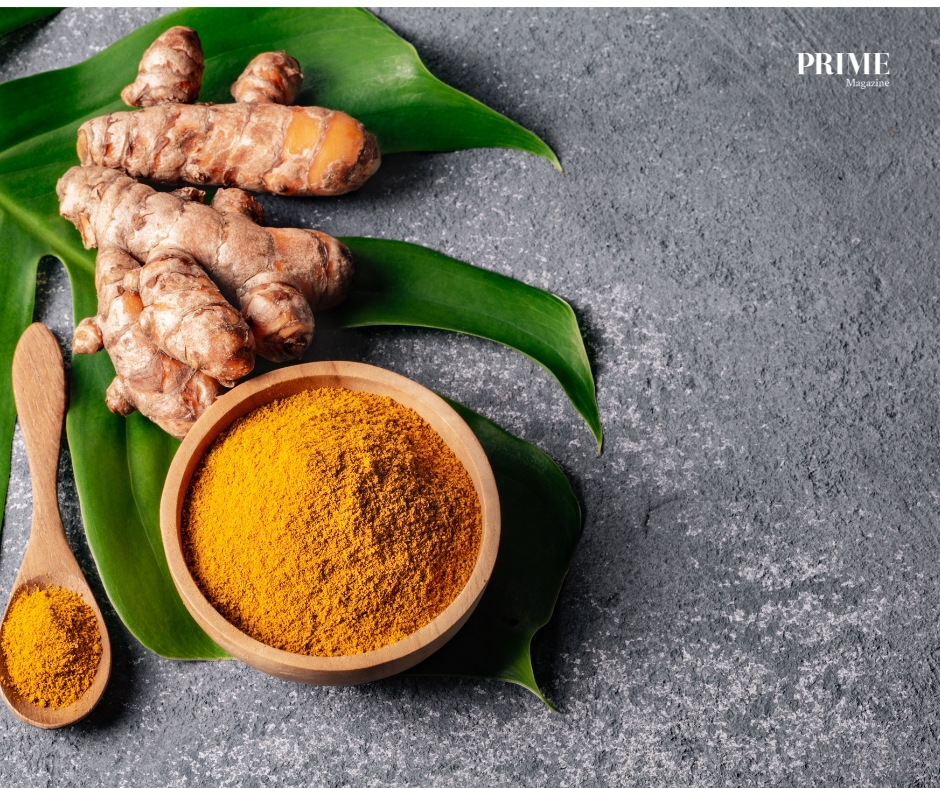
Turmeric — anti-inflammatory and skin brightening
Joint health / osteoarthritis: Curcumin shows moderate pain relief.
Antioxidant & anti-inflammatory: Strongly supported.
Skin brightening: Popular in Ayurveda. Some lab evidence for reducing melanin, but results vary; may stain skin yellow.
Bioavailability: Low unless paired with fat/black pepper or enhanced supplements.
Safety: High oral doses may upset the stomach or affect blood-thinning drugs. Topical use can cause rash in sensitive skin.
Turmeric face mask
Mix ¼ tsp turmeric with 1 tsp milk and 1 tsp honey for a gentle face mask. Patch test first. If skin turns yellow, gently scrub with sugar.
Summary
Safe & supported: Ginger for nausea, turmeric for inflammation, black pepper for absorption, cardamom for breath, fennel and cumin for digestion.
Traditional but less proven: Black pepper steam for congestion, cardamom for kidneys, cumin for sleep, fennel for hormones/puffiness, turmeric for skin lightening.
Safety tips: Avoid very hot steam, use essential oils carefully, and check for drug interactions or hormone-sensitive conditions. PRIME











